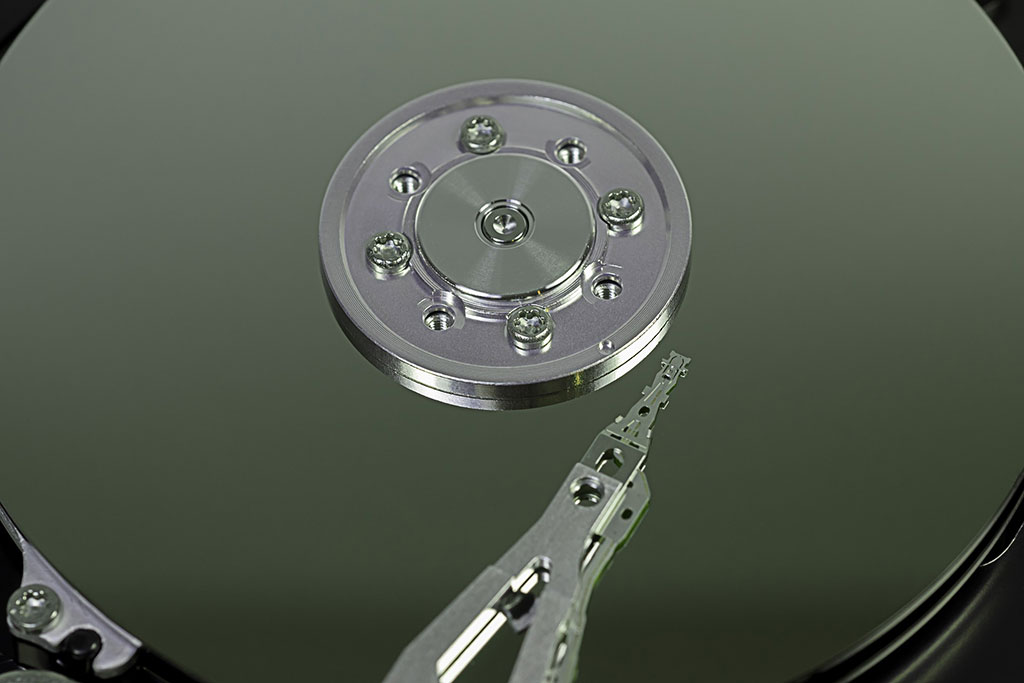Seagate aims to launch a 20TB hard drive by 2020, and eventually 100TB
Ultra high capacity hard drives are coming.

Seagate is doubling down on its promise to launch a 20-terabyte hard drive by 2020, which will be based on heat assisted magnetic recording (HAMR) technology. Looking way further down the line, the company believes HAMR will one day lead to 100TB HDDs.
In a blog post outlining a technology roadmap that will carry Seagate to 2025 and beyond, the company explained that it's been using HAMR technology in some form or another since the late 1990s.
"During this time we have had many breakthroughs in making reliable near field transducers, special high capacity HAMR media, and figuring out a way to put a laser on each and every head that is no larger than a grain of salt," Seagate said. "This year we plan to ship some sample HARM drives to a few our of customers and we plan on fully productizing the technology before the end of the decade."
There are "many challenges" and "lots of hard work" that remain between now and getting to 20TB in a single HDD, Seagate said. In the shorter term, Seagate plans to launch capacities around 16TB using HAMR technology in the current 3.5-inch form factor, likely next year or the year after. But looking way down the road, Seagate sees capacities ballooning to capacities that will dwarf what are available today.
"The HAMR technology will continue to evolve, and if all goes according to the ASTC roadmap, take us to drive capacities around 50 Terabytes early next decade. At this point we will have to combine HAMR with bit-patterned media. We call this heated dot magnetic recording (HDMR) and the industry consensus is that 100 Terabyte drives will be possible with this technology in the future," Seagate said.
Seagate is not the only one taking aim at ultra high capacity HDDs. Rival Western Digital recently launched the industry's first 14TB HDD, and plans to use microwave-assisted magnetic recording (MAMR) to reach 40TB by 2025. WD also states that MAMR is better for long term reliability than HAMR because it doesn't actually apply heat to the platters, and is also easier and cheaper to implement.
Keep up to date with the most important stories and the best deals, as picked by the PC Gamer team.
Paul has been playing PC games and raking his knuckles on computer hardware since the Commodore 64. He does not have any tattoos, but thinks it would be cool to get one that reads LOAD"*",8,1. In his off time, he rides motorcycles and wrestles alligators (only one of those is true).


